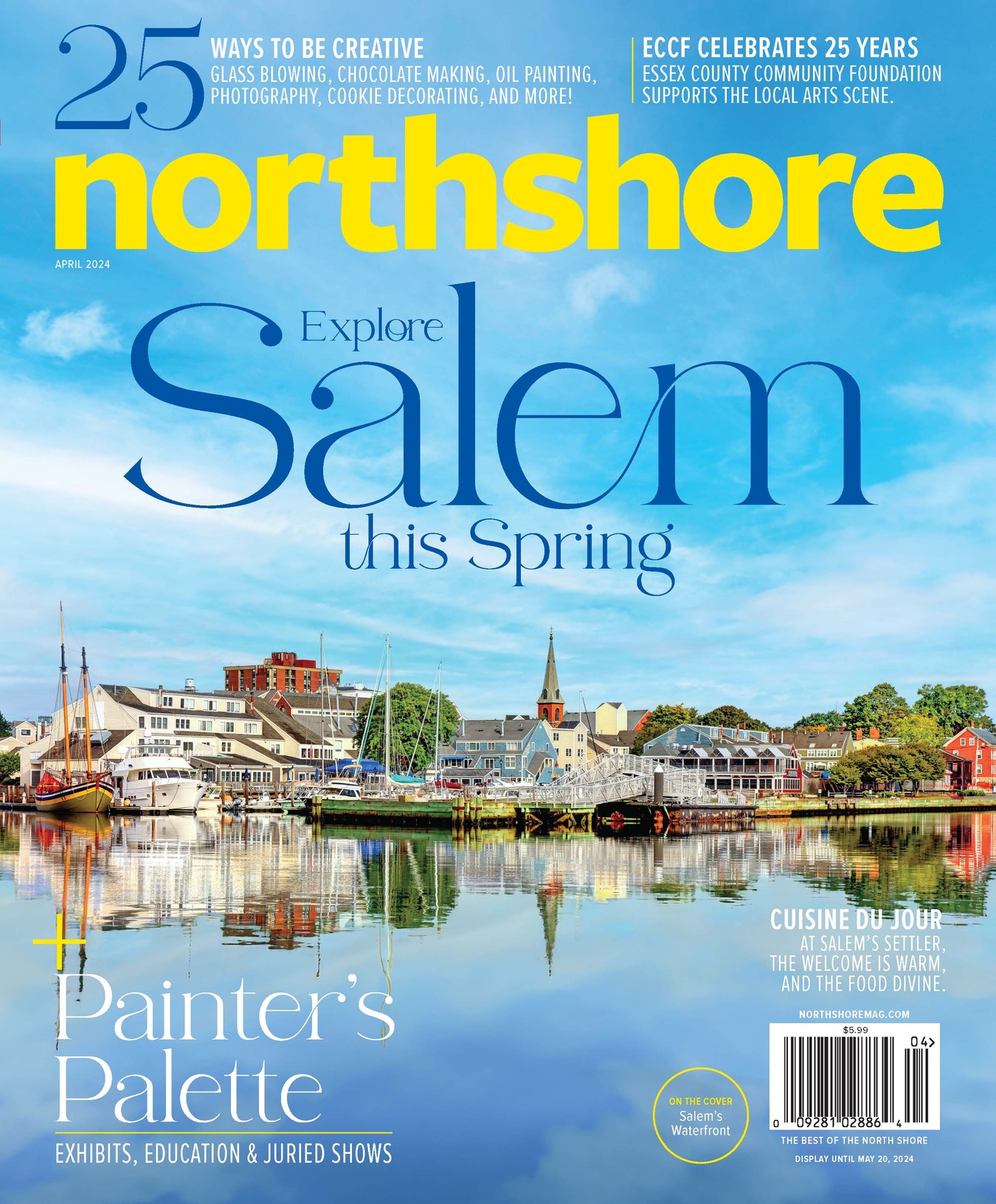A Black woman in Beverly is wary of walking the streets alone, so she enlists a white friend to accompany her. In Newburyport, a Black teen offers a man a doughnut and is met with a tirade of racial slurs. A couple visiting a Marblehead beach discover a racist note taped to their car when they return.
On the North Shore of Massachusetts, where the majority of the population is white and the culture is generally considered progressive, it can be easy to just not see the racial tensions that exist. But they are very much there, says Wenham resident Natalie Bowers.
“The majority of conversations I have had with people of color on the North Shore is that they do not feel welcome here,” Bowers says. “We’re so segregated we don’t realize racism exists here.”
When the video of George Floyd’s death at the hands of a policeman in Minnesota went viral in May, she decided it was time to take local action on the problem of racism. She and other residents of Hamilton and Wenham came together to form a Human Rights Coalition, a plan that soon evolved into the goal of founding a local branch of the National Association for the Advancement of Colored People, commonly called the NAACP, the country’s oldest and largest civil rights advocacy organization.
The NAACP was founded in 1909, as a reaction to anti-black riots that had torn through the city of Springfield, Illinois, the previous year. In the 111 years since, the organization has been at the forefront of major civil rights victories, including the desegregation of schools, bans on discrimination in federal employment and the armed forces, and defending voting rights.
Seeking guidance for her fledgling group, Bowers called the New England Area Conference of the NAACP, and was connected with president Juan Cofield, who immediately offered his mentorship.

Cofield has been engaged in anti-racism since he was in high school in North Carolina during the 1960s, when he and his brother joined local college students protesting the segregation of public facilities in the area. During college, he was the vice president of the NAACP chapter at the University of North Carolina Chapel Hill. After he graduated, he focused on building his career as a real estate developer, but about 25 years ago, he stepped up his involvement in the NAACP, and never slowed down.
Today, he is in his eighth term as president of the New England conference, serves on the board of the national organization, and acts as a counselor, helping new branches get up and running.
With Cofield’s assistance, the North Shore Massachusetts branch of the NAACP received its charter in July. Membership has only grown since then, including residents of 17 towns, and Bowers hopes to reach 1,000 members by the end of the year. The conditions could be right for meeting this ambitious goal, Cofield says.
“There is a real awakening of a lot more people who didn’t see or understand the extent of systemic racism,” Cofield says. “Today, they understand it, they get it.”
Being part of the NAACP will give the North Shore group access to a deep reserve of experience, strategy, and expertise, Bowers says. Too often in the past, she says, people attempting to help racial minorities have seen themselves as saviors and charged ahead, failing to heed the advice or listen to the needs of the community they wanted to support. Bowers wants to make sure this mostly white group in a mostly-white region—just 6 percent of Essex County residents identify as Black—doesn’t fall into that trap.
“Most white people don’t really understand the Black American experience,” Bowers says. “We have to take direction from the civil rights authority that has been pushing a very effective agenda.”
As an official charter of the NAACP, the new North Shore branch will take actions in support of the key issues determined by the national organization, including educational achievement, economic sustainability, criminal justice reform, health care equity, and voting rights and political representation. They will write letters, advocate for the cause with local and state leaders, fundraise, and more.
This work is vital, even for residents of areas with low black and brown populations, because racism undermines democracy for people of all colors, Cofield says.
“We are helping bring about the dream of a free, democratic, and equitable system for all Americans,” he says. “Racism is not a Black issue—it is an American issue.”
For more information, visit northshoremanaacp.com.

